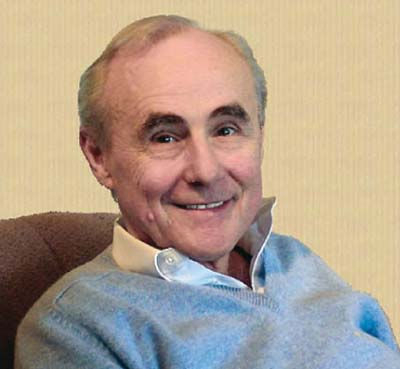When Burnout Goes Too Far: Understanding and Managing Burnout
- Maria Alda Gomez Otero

- Nov 26, 2024
- 3 min read
Updated: Dec 11, 2024

#Burnout is a term that has gained significant attention in recent years, yet its meaning and impact are often misunderstood. Whether you’re a caregiver, counsellor or therapist, health professional, or simply navigating the demands of modern life, burnout can creep in, leaving you feeling drained and overwhelmed. My work as a psychotherapist, coupled with extensive research during my master’s thesis on vicarious trauma, burnout, and compassion fatigue, has deepened my understanding of this pervasive issue.
What Is Burnout?
Burnout, often referred to as “chronic fatigue” or “vicarious trauma”, is a state of emotional, physical, and mental exhaustion caused by prolonged stress. Unlike temporary stress, burnout is characterised by a sense of ongoing depletion that doesn’t resolve with rest.
First identified in the 1970s by psychologist Herbert Freudenberger, burnout has expanded beyond workplace stress to encompass emotional exhaustion in caregiving, health caring positions, and personal relationships. It often results from a mismatch between effort and reward or from environments that demand constant high performance with little support.
Who Can Experience Burnout?
Burnout does not discriminate. It affects individuals across professions, lifestyles, and personality types. However, some groups are particularly vulnerable:
Caregivers and Healthcare Workers: Nurses, therapists, and family caregivers are especially susceptible due to the emotional demands of their roles.
Professionals in High-Stress Jobs: Those in corporate environments often face relentless deadlines and expectations, leading to burnout or #mentalhealthissues.
Parents and Educators: The responsibility of nurturing others while neglecting self-care can lead to burnout.
Highly Sensitive Individuals: Those who naturally empathise deeply or feel societal pressures keenly may be more prone to burnout or #nervousbreakdown.
What Burnout Feels Like – Symptoms of Burnout
Burnout manifests in different ways, but common symptoms include:
Physical Symptoms: Chronic fatigue, headaches, muscle tension, and sleep disturbances.
Emotional Symptoms: Feeling detached, irritable, or cynical. A pervasive sense of failure or helplessness may also be present.
Cognitive Symptoms: Difficulty concentrating, forgetfulness, and a reduced sense of accomplishment.
Behavioural Changes: Withdrawal from social interactions, procrastination, or turning to unhealthy coping mechanisms, such as overeating or substance use.
Burnout isn’t simply “feeling tired.” It’s a profound disconnection from vitality and joy that affects every aspect of life.
Can Burnout Make You Sick?
Yes, burnout can have serious health consequences. Chronic stress associated with burnout has been linked to:
Cardiovascular Issues: High blood pressure and heart disease.
Mental Health Problems: Depression, anxiety, and substance use disorders.
Weakened Immune System: Making you more susceptible to infections.
Gastrointestinal Issues: Stress can exacerbate conditions like IBS or ulcers.
When burnout goes too far, it can lead to severe conditions, such as adrenal fatigue, autoimmune disorders, or even nervous breakdowns.
Things You Can Do to Avoid Burnout
#Preventingburnout requires proactive self-care and balance. Here are strategies that can help:
Prioritise Movement and Expression:
Dance: Engage in freeform or structured dance to release emotions and reconnect with your body.
Tai Chi or Qigong: These mindful movement practices promote grounding and balance.
Music and Singing: Music therapy can uplift your mood, while singing regulates your breathing and nervous system.
Cultivate Rest and Play:
Engage in hobbies like painting, gardening, or cooking.
Create space for rest, free from distractions or obligations.
Set Boundaries:
Learn to say no to excessive demands.
Protect your personal time by communicating boundaries with others.
Nurture Connections:
Seek supportive relationships where you feel heard and understood.
Join communities that align with your interests and values.
Explore Therapy:
Many resilient individuals in highly stressful positions benefit from the help of an experienced therapist.
Practice Mindfulness:
Meditate, practice gratitude, or spend time in nature to center yourself and reduce reactivity.
Burnout is not a sign of weakness; it’s a signal that your system needs recalibration. By recognising the early signs and taking action, you can restore balance, creativity, and authenticity in your life.
If you’re feeling the weight of burnout, I invite you to reach out. Together, we can explore ways to reconnect with your inner strength and create a path forward that honours your unique journey.
Because perfectionists tend to suffer from burnout, if you feel that you are a perfectionist, you might wish to look at this article that might be of interest to you:




Comments